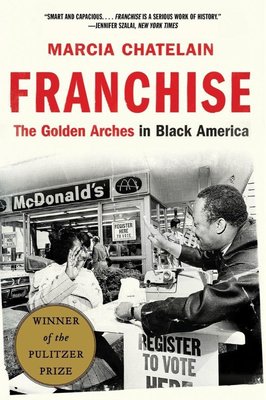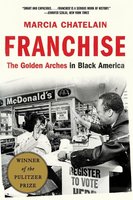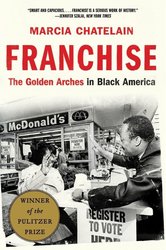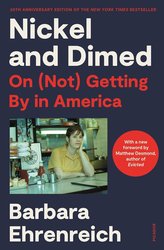The Economic Theory That Explains Why Americans Are So Mad
There’s something weird happening with the economy. On a personal level, most Americans say they’re doing pretty well right now. And according to the data, that’s true. Wages have gone up faster than inflation. Unemployment is low, the stock market is generally up so far this year, and people are buying more stuff.
And yet in surveys, people keep saying the economy is bad. A recent Harris poll for The Guardian found that around half of Americans think the S. & P. 500 is down this year, and that unemployment is at a 50-year high. Fifty-six percent think we’re in a recession.
There are many theories about why this gap exists. Maybe political polarization is warping how people see the economy or it’s a failure of President Biden’s messaging, or there’s just something uniquely painful about inflation. And while there’s truth in all of these, it felt like a piece of the story was missing.
And for me, that missing piece was an article I read right before the pandemic. An Atlantic story from February 2020 called “The Great Affordability Crisis Breaking America.” It described how some of Americans’ biggest-ticket expenses — housing, health care, higher education and child care — which were already pricey, had been getting steadily pricier for decades.
At the time, prices weren’t the big topic in the economy; the focus was more on jobs and wages. So it was easier for this trend to slip notice, like a frog boiling in water, quietly, putting more and more strain on American budgets. But today, after years of high inflation, prices are the biggest topic in the economy. And I think that explains the anger people feel: They’re noticing the price of things all the time, and getting hammered with the reality of how expensive these things have become.
The author of that Atlantic piece is Annie Lowrey. She’s an economics reporter, the author of Give People Money, and also my wife. In this conversation, we discuss how the affordability crisis has collided with our post-pandemic inflationary world, the forces that shape our economic perceptions, why people keep spending as if prices aren’t a strain and what this might mean for the presidential election.






